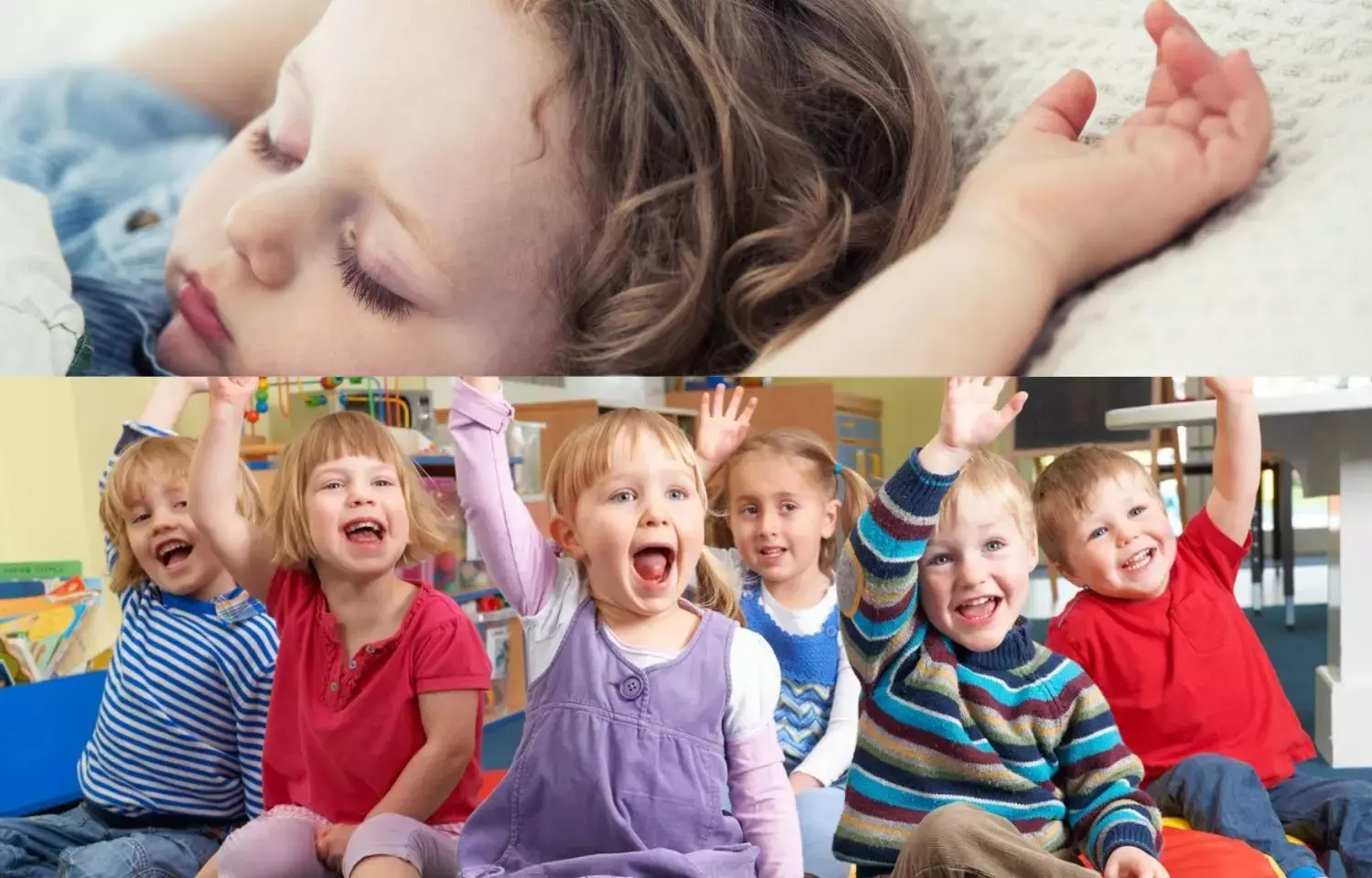- Home
- Medical news & Guidelines
- Anesthesiology
- Cardiology and CTVS
- Critical Care
- Dentistry
- Dermatology
- Diabetes and Endocrinology
- ENT
- Gastroenterology
- Medicine
- Nephrology
- Neurology
- Obstretics-Gynaecology
- Oncology
- Ophthalmology
- Orthopaedics
- Pediatrics-Neonatology
- Psychiatry
- Pulmonology
- Radiology
- Surgery
- Urology
- Laboratory Medicine
- Diet
- Nursing
- Paramedical
- Physiotherapy
- Health news
- Fact Check
- Bone Health Fact Check
- Brain Health Fact Check
- Cancer Related Fact Check
- Child Care Fact Check
- Dental and oral health fact check
- Diabetes and metabolic health fact check
- Diet and Nutrition Fact Check
- Eye and ENT Care Fact Check
- Fitness fact check
- Gut health fact check
- Heart health fact check
- Kidney health fact check
- Medical education fact check
- Men's health fact check
- Respiratory fact check
- Skin and hair care fact check
- Vaccine and Immunization fact check
- Women's health fact check
- AYUSH
- State News
- Andaman and Nicobar Islands
- Andhra Pradesh
- Arunachal Pradesh
- Assam
- Bihar
- Chandigarh
- Chattisgarh
- Dadra and Nagar Haveli
- Daman and Diu
- Delhi
- Goa
- Gujarat
- Haryana
- Himachal Pradesh
- Jammu & Kashmir
- Jharkhand
- Karnataka
- Kerala
- Ladakh
- Lakshadweep
- Madhya Pradesh
- Maharashtra
- Manipur
- Meghalaya
- Mizoram
- Nagaland
- Odisha
- Puducherry
- Punjab
- Rajasthan
- Sikkim
- Tamil Nadu
- Telangana
- Tripura
- Uttar Pradesh
- Uttrakhand
- West Bengal
- Medical Education
- Industry
Night sleep of 10 or more hours eases children's transition to kindergarten: AAP

USA: Children who have regular, 10-plus hours of sleep per night, make the transition to Kindergarten more successfully than children with irregular sleeping patterns, reports an article published in the Pediatrics
The kindergarten (K) year plays an important role in establishing competencies critical to children's success and achievement in school. Transitioning to kindergarten can be a scary time for many young children. Children's adjustment to K has multiple determinants, with contributions from socioeconomic status, child health, attendance history, and other factors. Curiously, one determinant largely missing in studies of K transition is children's sleep duration.
Sleep and children's functioning have been linked to school success among older children, although most previous work is cross-sectional. Little is known of longitudinal linkages between sleep duration and children's adjustment when transitioning to kindergarten and across the school year
Douglas M, Department of Human Development and Family Studies, PA, USA, and colleagues conducted a study to examine longitudinal linkages between child sleep duration and children's socioemotional, learning engagement, executive functioning, and academic outcomes across the full kindergarten (K) year.
Investigators employed a measurement-burst design to examine 3 different measures of child sleep duration in 7-day bursts at pre-K, early K, mid-K and late K, using wrist actigraphy. The measures included: the mean amounts of child sleep per 24-hour period across the full week; the proportion of 24-hour periods per week that children slept 10 or more hours; and the proportion of nighttime sleep periods per week that children slept 10 or more hours. Children's outcomes at early, mid-, and late K were obtained from their K teachers blind to children's sleep histories, and assessments administered by project staff.
Key findings of the study,
• Regularity of nighttime sleep in which children slept 10 or more hours per night, especially at pre-K, consistently predicted more favorable K outcomes in socioemotional, learning engagement, and academic domains.
• Healthy nighttime sleep habits before K started were especially promotive of better K adjustment across the full K year.
Investigators conclude that to promote a favorable transition to first-time schooling, particular attention should be paid to sleep hygiene and regularity of 10-plus hours of nightly child sleep established before the start of K. Good sleep hygiene (eg, organized bedtime routines, limited screen access, and bedtimes before 9 PM) may be as critical for the well-being of children as it is for adults.
The authors further propose that such interventions target parental, as well as child, sleep because sleep between parents and children (eg, bedtimes, sleep onset, and morning wake-ups) are closely aligned. Such interventions may need to be adapted flexibly, especially when parents have irregular, nonstandard work hours.
Reference:
Douglas M. Teti, Corey J. Whitesell, Jacqueline A. Mogle, Brian Crosby, Orfeu M. Buxton, Karen L. Bierman, David M. Almeida; Sleep Duration and Kindergarten Adjustment. Pediatrics 2022; e2021054362. 10.1542/peds.2021-054362
BDS
Dr. Hiral patel (BDS) has completed BDS from Gujarat University, Baroda. She has worked in private dental steup for 8years and is currently a consulting general dentist in mumbai. She has recently completed her advanced PG diploma in clinical research and pharmacovigilance. She is passionate about writing and loves to read, analyses and write informative medical content for readers. She can be contacted at editorial@medicaldialogues.in.
Dr Kamal Kant Kohli-MBBS, DTCD- a chest specialist with more than 30 years of practice and a flair for writing clinical articles, Dr Kamal Kant Kohli joined Medical Dialogues as a Chief Editor of Medical News. Besides writing articles, as an editor, he proofreads and verifies all the medical content published on Medical Dialogues including those coming from journals, studies,medical conferences,guidelines etc. Email: drkohli@medicaldialogues.in. Contact no. 011-43720751


